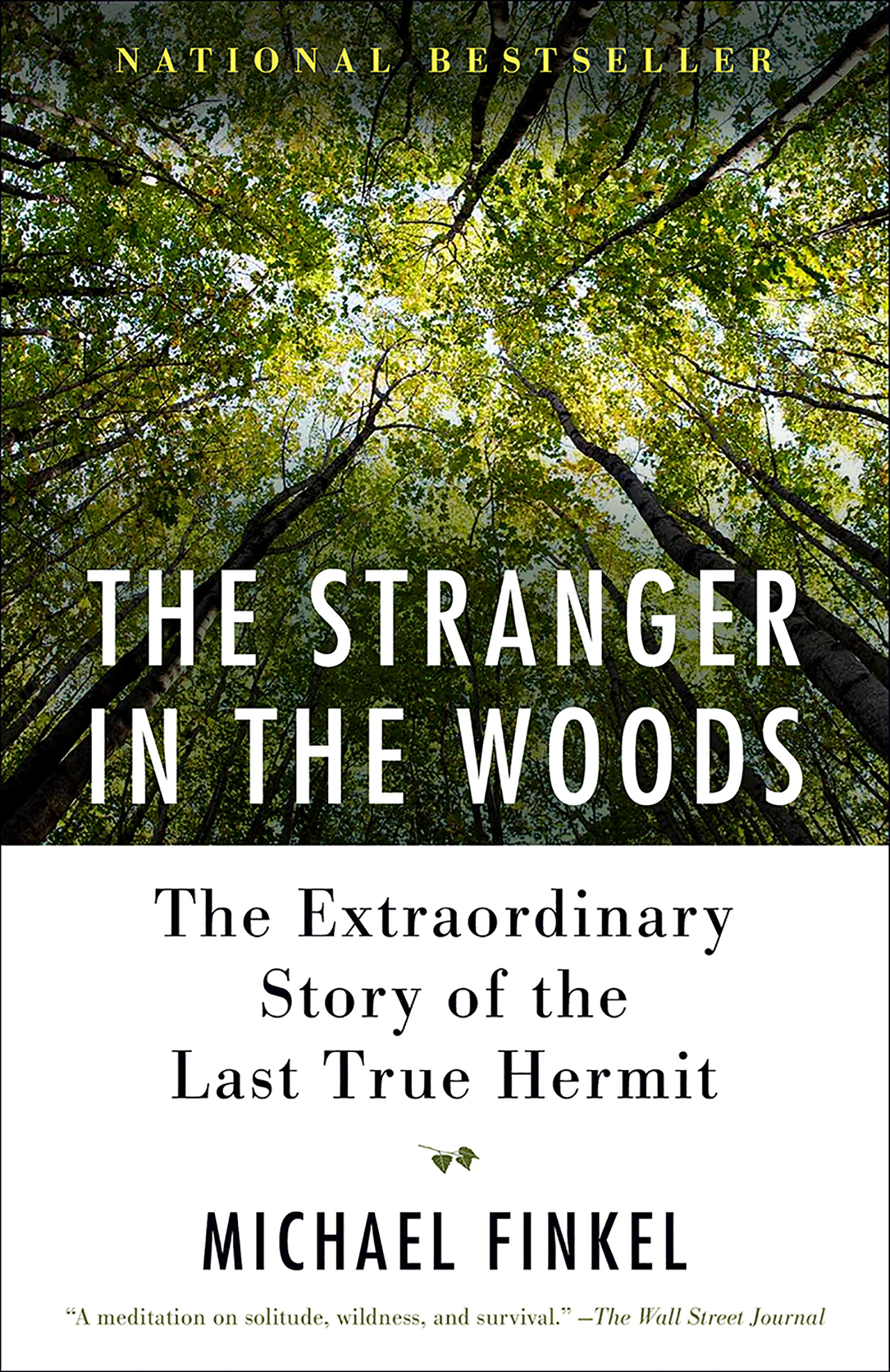Knight lived in the dirt but was cleaner than you. Way cleaner. Pine needles and mud don’t make you dirty, except superficially. The muck that matters, the bad bacteria, the evil virus, is typically passed through coughs and sneezes and handshakes and kisses. The price of sociability is sometimes our health. Knight quarantined himself from the human race and thus avoided our biohazards. He stayed phenomenally healthy. Though he suffered deeply at times, he insists he never once had a medical emergency, or a serious illness, or a bad accident, or even a cold.
During the summers, especially in the early years, he was strong, fit, and spry. “You should have seen me in my twenties—I ruled the land I walked upon, it was mine,” Knight said, exposing the prideful streak that runs below his surface of contrition. “Why shouldn’t I claim it as my own? No one else was there. I was in control. I controlled it as much as I wanted. I was lord of the woods.”
Poison ivy grows throughout the area; its prevalence prevented some people from searching for his site. Knight kept a little jingle in his head—“leaves of three, let it be”—and so ably memorized where each patch grew that even at night he didn’t brush against it. He says he was never once afflicted.
Lyme disease, a bacterial illness transmitted through tick bites that can cause partial paralysis, is endemic to central Maine, but Knight was spared that as well. He brooded about Lyme for a while, then came to a realization: “I couldn’t do anything about it, so I stopped thinking about it.”
Living in the woods, subject to the whims of nature, offers a great deal of autonomy but not much control. At first, Knight worried about everything: snowstorms might bury him, hikers could find him, the police would capture him. Gradually, methodically, he shed most of his anxiety.
But not all. Being too relaxed, he felt, was also a danger. In appropriate doses, worry was useful, possibly lifesaving. “I used worry to encourage thought,” he said. “Worry can give you an extra prod to survive and plan. And I had to plan.”
At the conclusion of each thieving mission, he was absolved temporarily of worry. The order in which he ate his food was governed by the pace of spoilage, ground beef to Twinkies. When he was down to little more than flour and shortening, he’d mix those together with water and make biscuits. He never stole homemade meals or unwrapped items, for fear someone might poison him, so everything he took came sealed in a carton or can. He ate every morsel, scraping the containers clean. Then he deposited the wrappers and cartons in his camp’s dump, stuffed between boulders at the boundary of his site.
The dump was scattered over an area of about a hundred square feet. One section was devoted to items like propane tanks and old mattresses and sleeping bags and books, another to food containers. Even in the food area, there was no odor. Knight added layers of dirt and leaves to aid with composting, which eliminated any smell, but most of the packaging was waxed cardboard or plastic, slow to disintegrate. Upon excavation, the colors on many boxes remained garish, superlatives and exclamation points and rococo typography popping from the soil while robins chirped in the branches above.
The archeological record contained in his dump revealed why Knight’s only significant health issue was his teeth. He brushed regularly, he stole toothpaste, but did not see a dentist and his teeth began to rot. It didn’t help that his culinary preferences never progressed beyond the sugar-and-processedfood palate of a teenager. “ ‘Cooking’ is too kind a word for what I did,” he said.
A staple meal was macaroni and cheese. Dozens of macand-cheese boxes were buried between the rocks, along with several empty spice bottles—black pepper, garlic powder, hot sauce, blackened seasoning. Often, when Knight was inside a cabin with a good spice rack, he would grab a new bottle and try it out on his macaroni and cheese.
Also in his dump was a flattened thirty-ounce container from cheddar-flavored Goldfish crackers, a five-pound tub from Marshmallow Fluff, and a box that had held sixteen Drake’s Devil Dogs. There were packages from graham crackers, tater tots, baked beans, shredded cheese, hot dogs, maple syrup, chocolate bars, cookie dough. Betty Crocker scalloped potatoes and Tyson chicken strips. Country Time lemonade and Mountain Dew. El Monterey spicy jalapeño and cheese chimichangas.
All of this came from a single kitchen-sink-sized hole, dug out by hand. Knight had fled the modern world only to live off the fat of it.
From THE STRANGER IN THE WOODS by Michael Finkel. Copyright © 2017 by Michael Finkel. Reprinted by permission of Alfred A. Knopf/Vintage Books, an imprint of the Knopf Doubleday Publishing Group, a division of Penguin Random House LLC.


